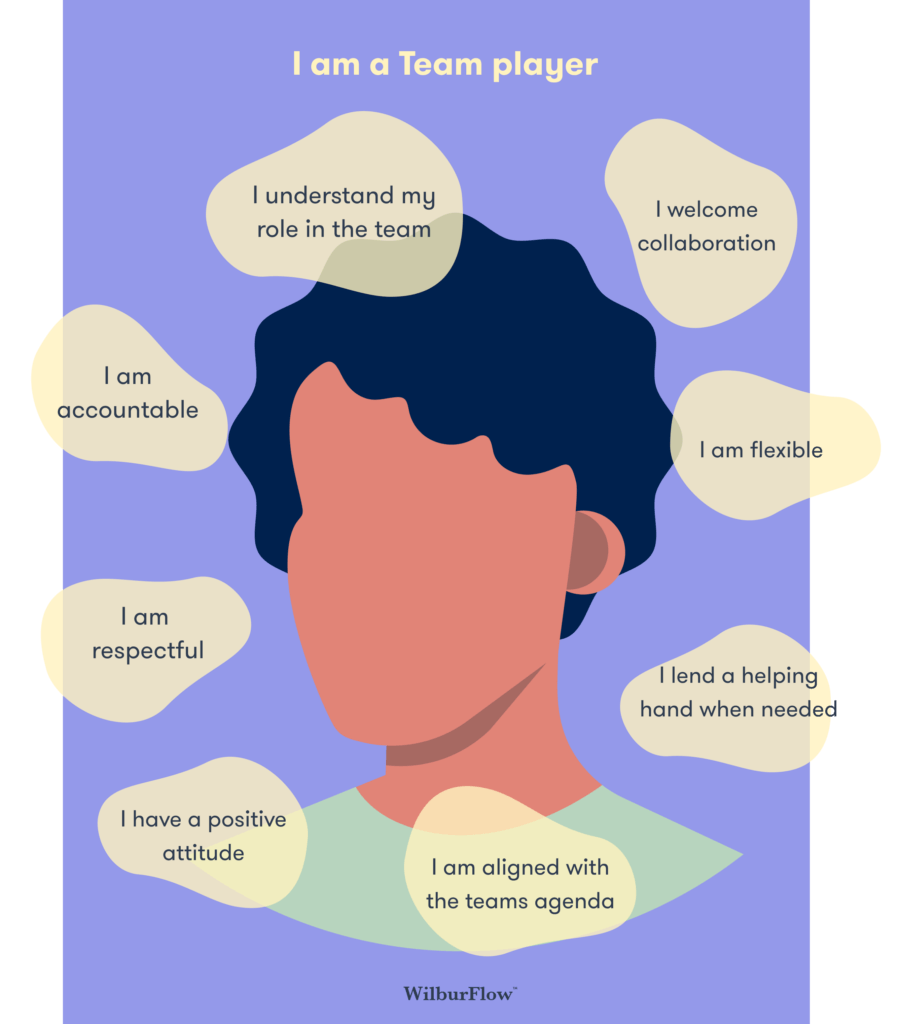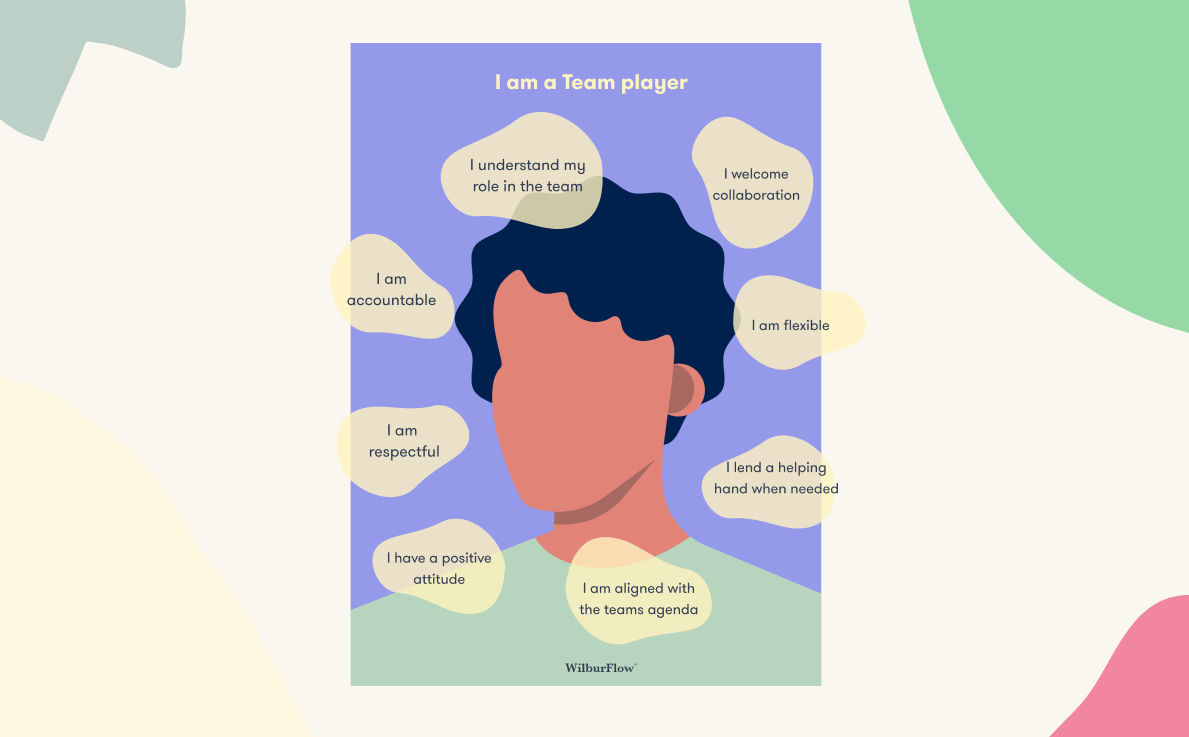Teamwork is important in all organizations. In many workplaces, working groups are formed across departmental boundaries and within departments. As today's organizations become increasingly flat in their structure, individuals need to take greater responsibility when it comes to leadership and implementation.
Many common soft skills make individuals great team players. While soft skills are not as quickly learned as technical skills, they can be developed with time and practice.

8 qualities that make a great team player
1, You are aligned with the Teams agenda
There Is no I in Team. Align your goals and purpose to the team's agenda. It will help the whole team to work toward the same goals. This will help both you and your team reach your goals and therefore
2, Lending a hand when needed in the team
This will help the team build trust and psychological safety. By helping others, they will help you, stand by you when you may need it. Because all of us need help or support sometimes.
3, Respectful of others
Being respectful to others is key to building psychological safety within the team. Respecting both time and opinions are fundamentals to a good relationship so make sure you are aware of your attitude in the team.
4, You understand your role in the team and organization
You understand your role within the team and work to achieve your duties to the best of your ability. Though you may offer help or solutions to other team members, you also should respect the boundaries of your position.
5, Collaboration is key to your success
When working in a team your biggest assets are your team members, and even if you are aligned on your goals and purpose that doesn´t mean you have the same opinions on how you will get there. So be open-minded to other opinions before you push yours.
6, Hold yourself accountable.
Understand how your actions impact the whole group. By doing so, you will learn from your mistakes and earn more respect from your team. So it's key for you to own up to your mistakes take responsibility.
7, Being flexible
Start thinking about how you can help the team and challenge your comfort zone at the same time. And when new problems that require special skills emerge think about how you can learn from it.
8. Happy Be Happy - Use a positive attitude
Research says that a positive attitude is contagious, so remember even when you are stressed and you are meeting difficult times, try to keep up your optimistic side.
Once you really understand why teamwork is important and the value of being a team player, you'll want to ensure you're doing everything you can to support your team members. Need more help to get you through all the uncertainty? Maybe you should try our Team training program.

Yeah, and don´t forget to smile, it looks good on you!
/ Joacim Alm
Founder of WilburFlow
